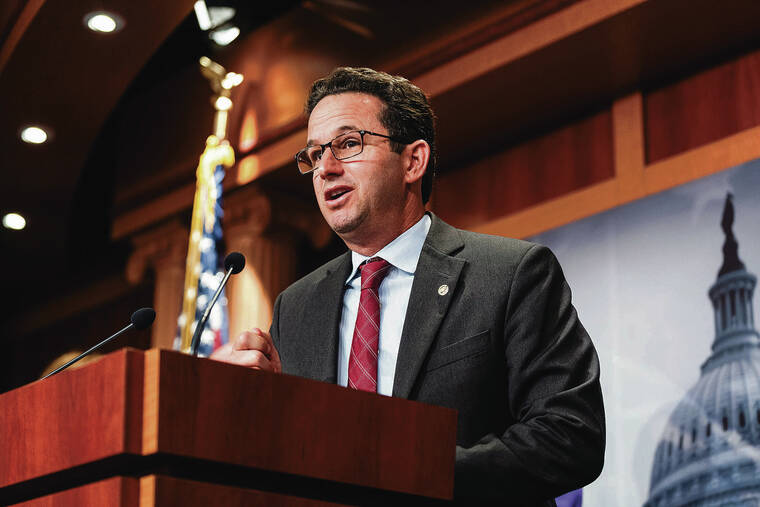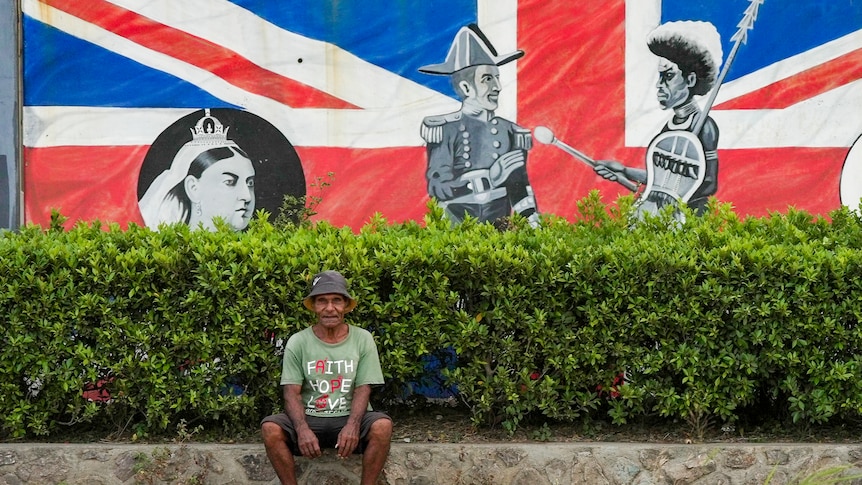By Ansah David
Copyright ahotoronline

Accra, Ghana — David Kwodow Prah Afful, widely known as Kwame Nkrumah II on TikTok, has been sentenced to seven months in prison after pleading guilty to charges of death threats and offensive conduct. The charges stemmed from a viral video he posted, in which he threatened to kill President Nana Akufo-Addo, several Members of Parliament, and other government officials, should he have access to a weapon.
Afful appeared before an Accra Circuit Court, where he admitted to his actions, acknowledging the severity of his behavior. He expressed deep remorse, pleading for forgiveness from both the government and the people of Ghana for his threatening statements.
Afful’s video, streamed on TikTok, quickly garnered attention for its disturbing content. During the livestream, he openly declared that he would use a gun or a machete to target government officials, journalists, and civil servants, especially those associated with official vehicles marked with green number plates. He also made disturbing remarks about burning marketplaces and inciting others to commit similar acts of violence. The video rapidly spread across social media, alarming many in the public and government sectors.
The Ghana Police Service tracked down Afful and arrested him at his hideout near Kasoa Market on the afternoon of September 13, around 2:20 p.m.
The police were quick to react, reiterating the importance of freedom of speech while emphasizing that threats of violence and public disorder would not be tolerated. A statement from the police noted: “We uphold the constitutional right to free speech, but we will not tolerate statements that endanger public security or incite violence.”
Despite his apology in court, the charges against Afful were serious, as his comments had the potential to stir up unrest and insecurity. The sentence serves as a reminder of the responsibilities that come with using social media platforms like TikTok, where content can spread rapidly and influence public opinion.
The case has sparked debates on the balance between free speech and public safety, with some social media users expressing support for Afful’s right to express his opinions, while others condemn his actions as reckless and dangerous.
It also raises concerns about the increasing tendency for some individuals to resort to extreme rhetoric online. While the internet can be a platform for meaningful dialogue and creativity, authorities are making it clear that speech that incites violence will not be tolerated under any circumstances.
As Afful begins his prison sentence, it serves as a cautionary tale about the power and responsibility of social media influencers in shaping discourse and behavior in today’s digital age.
Story: Nyamebeye Kofi Ansah Sasraku



